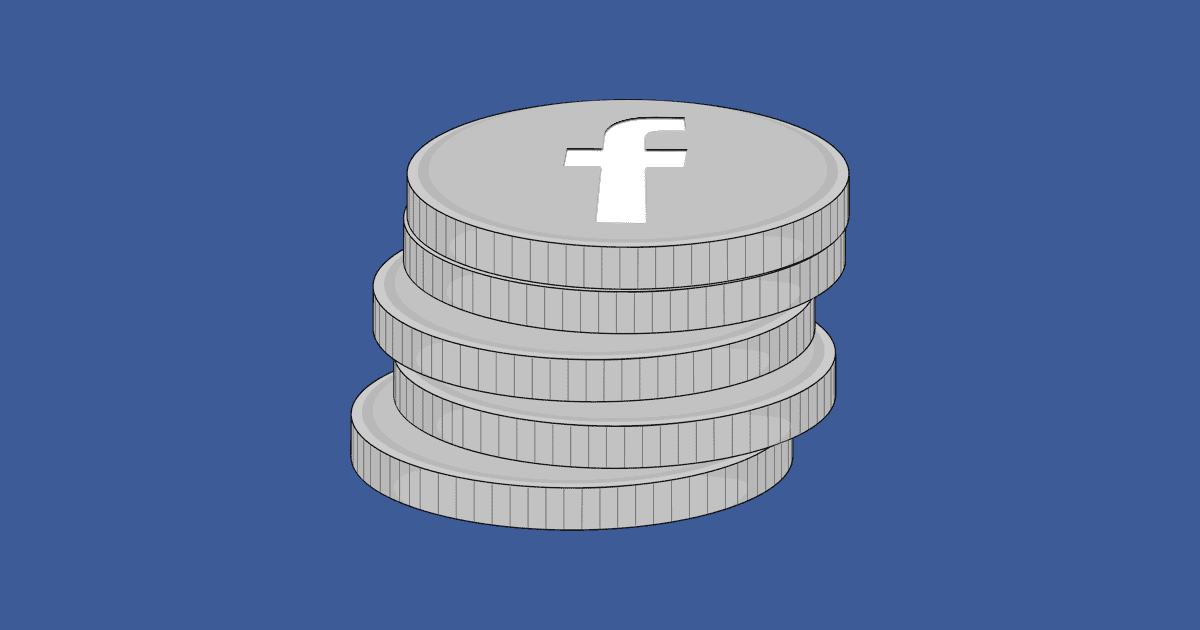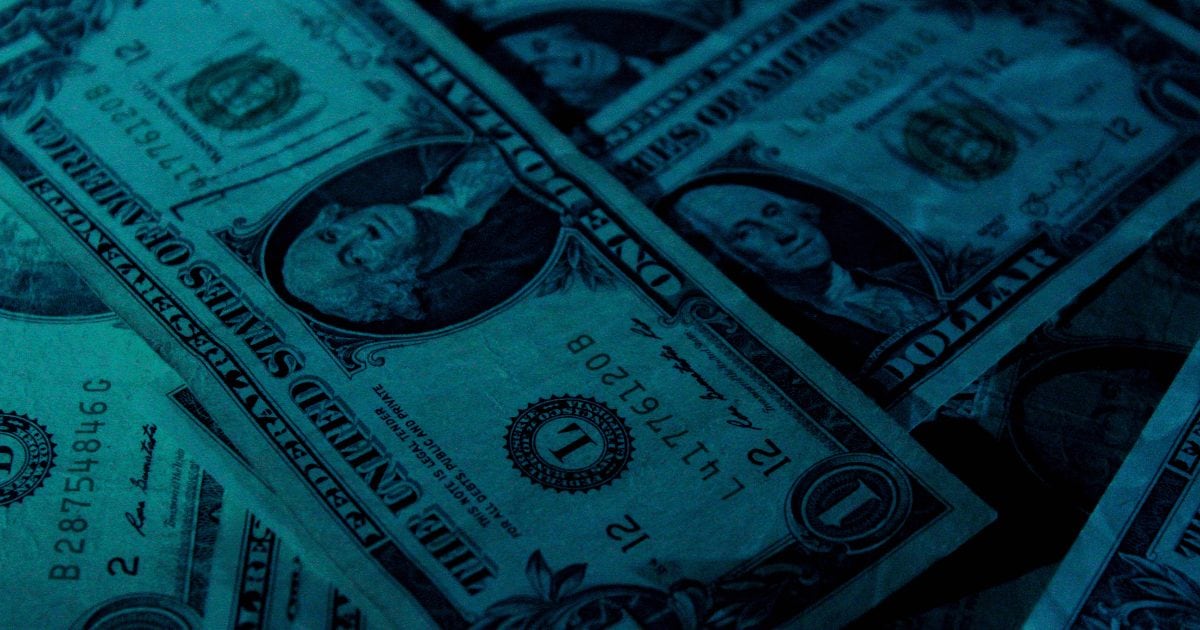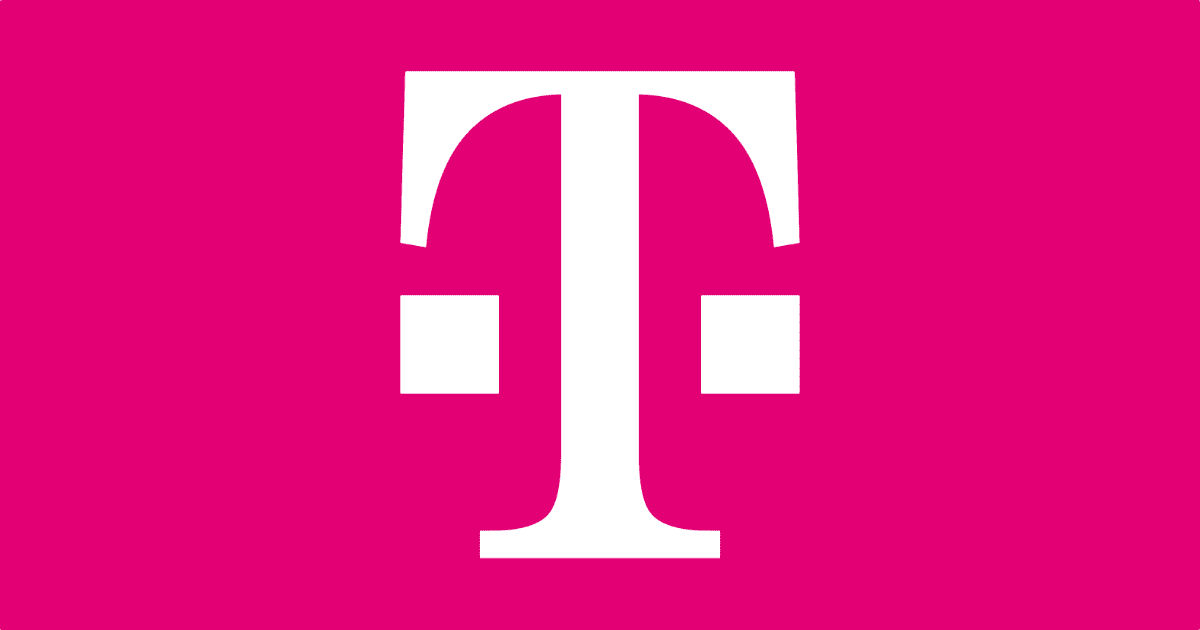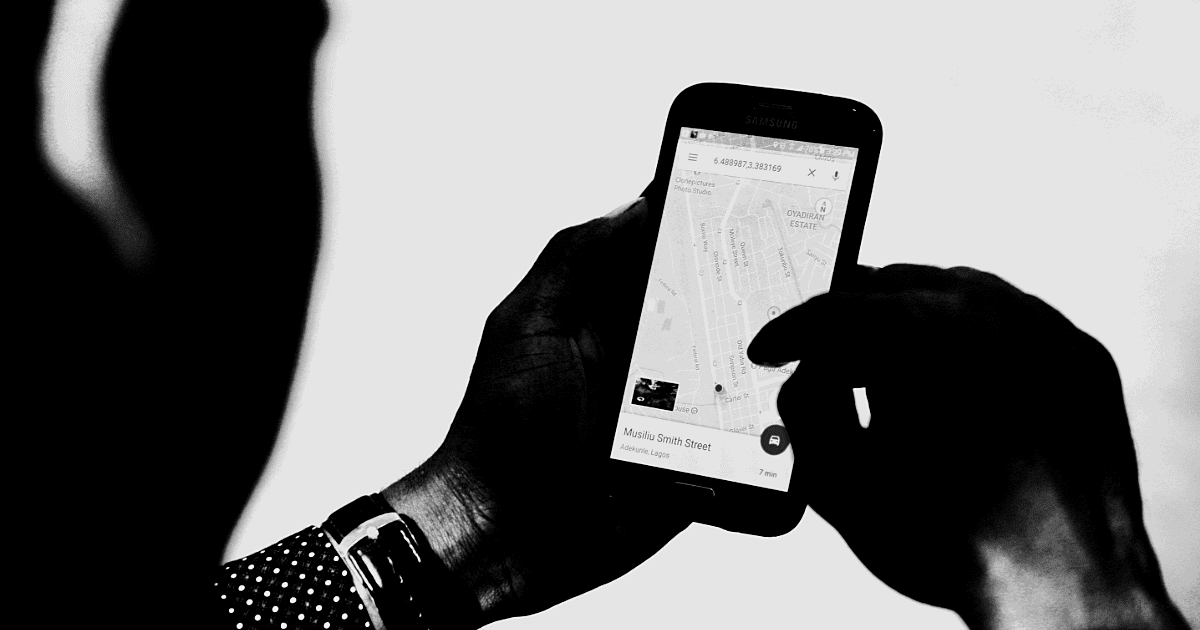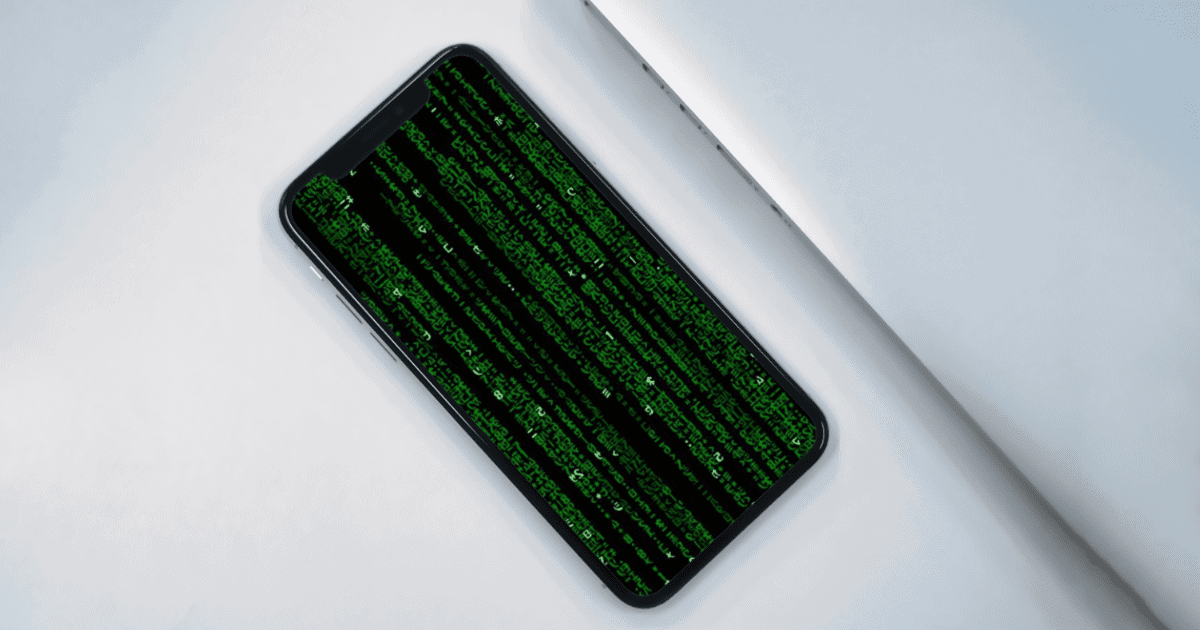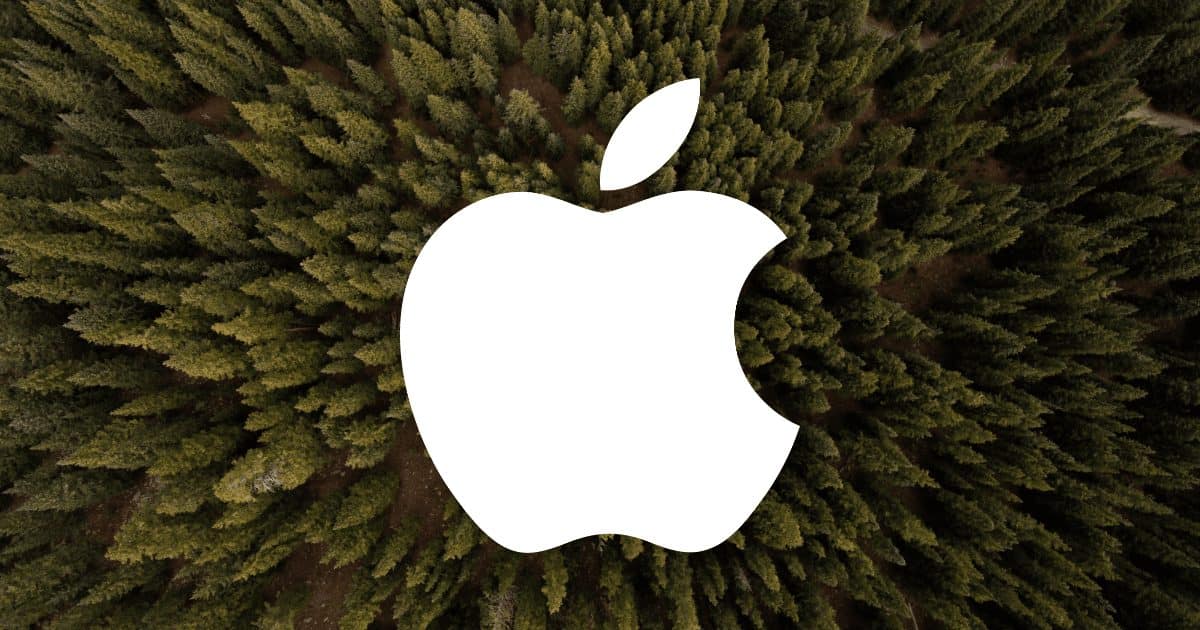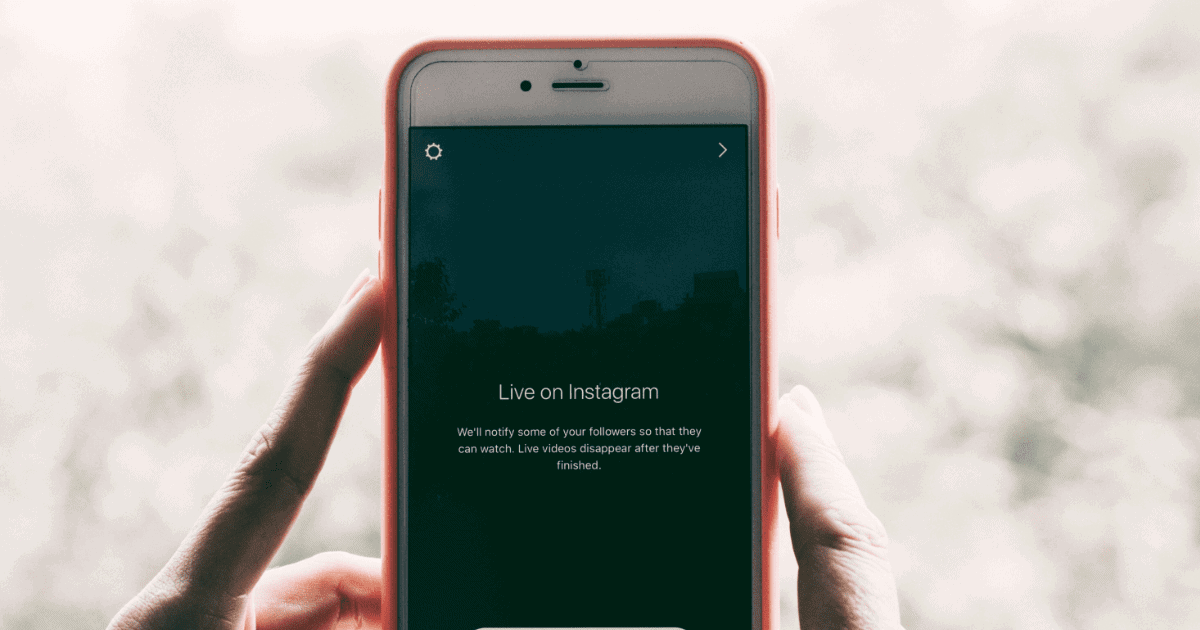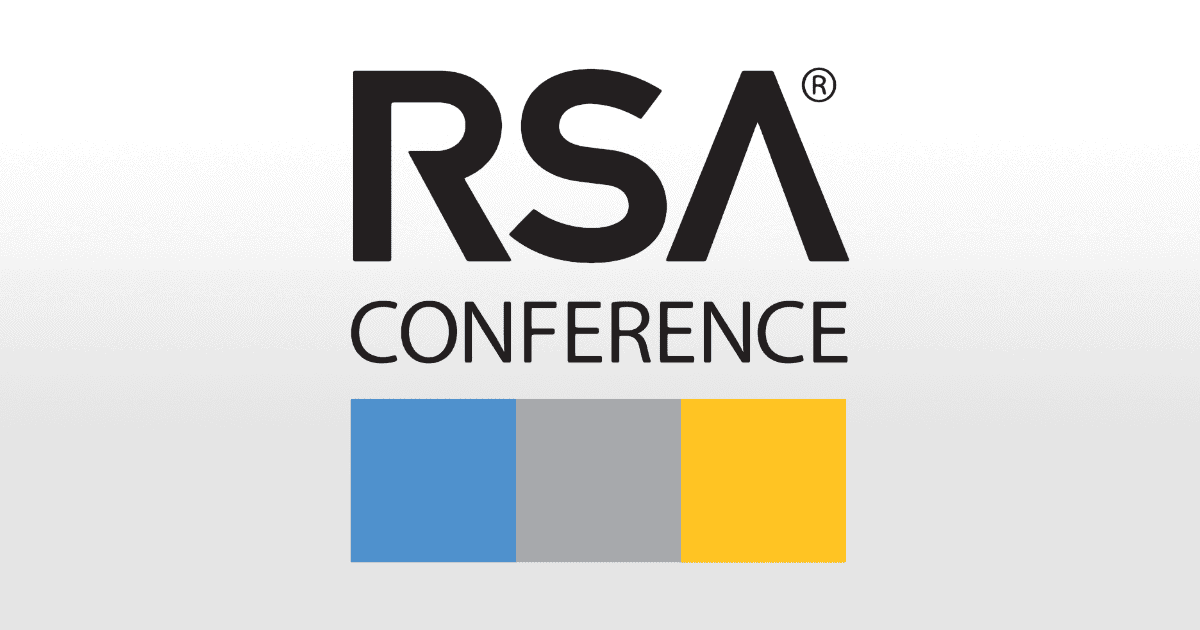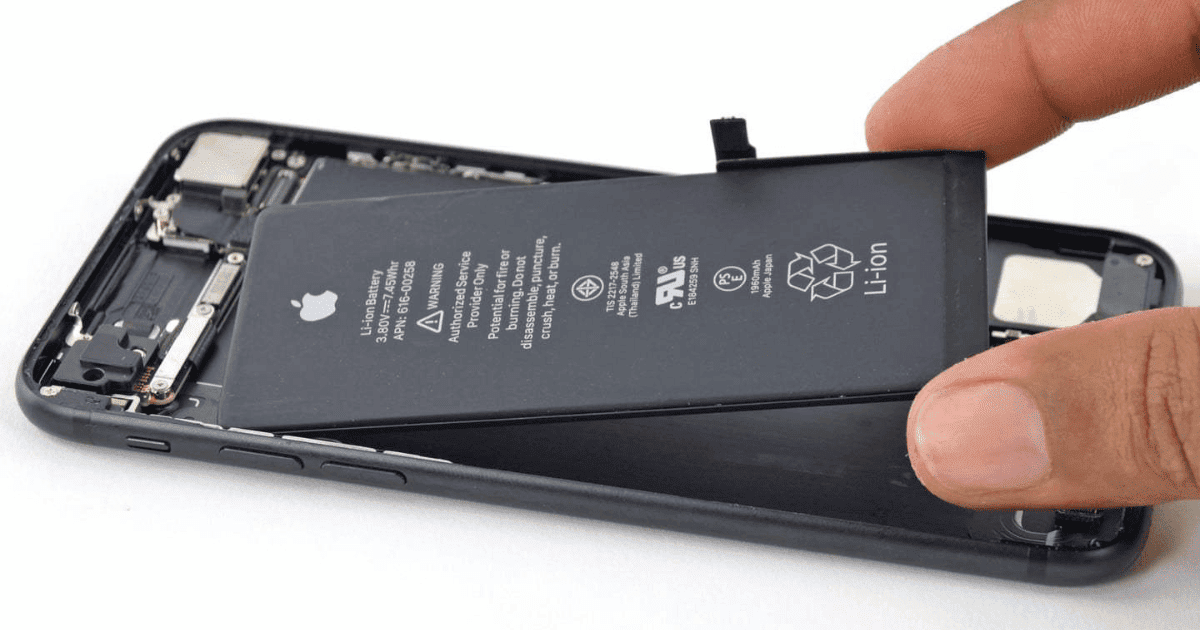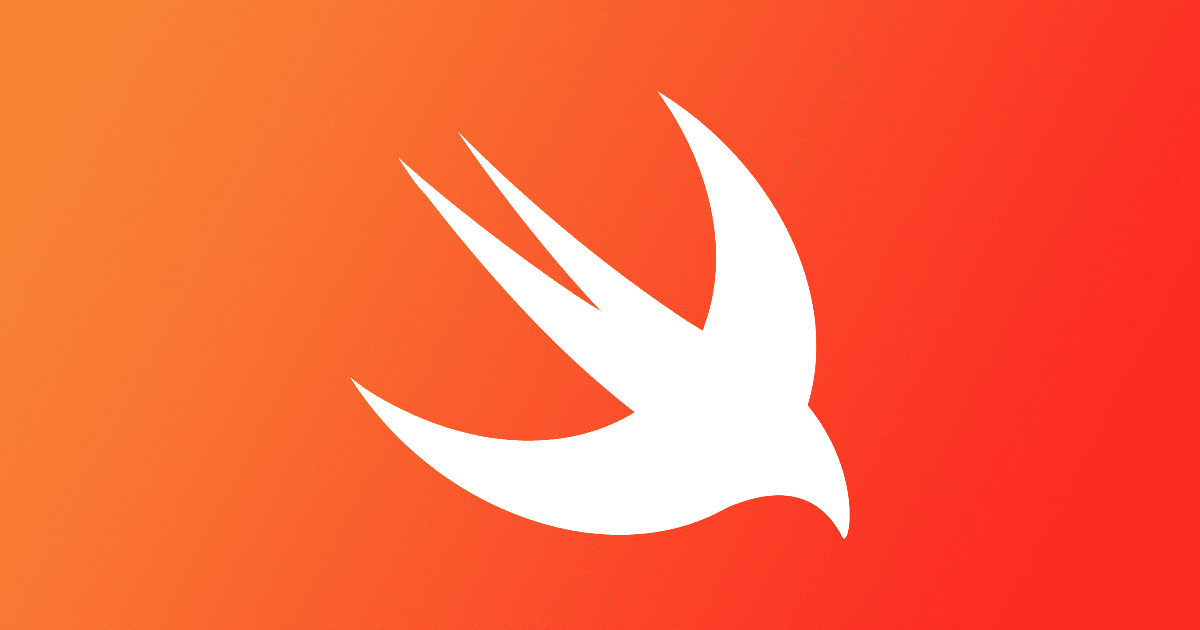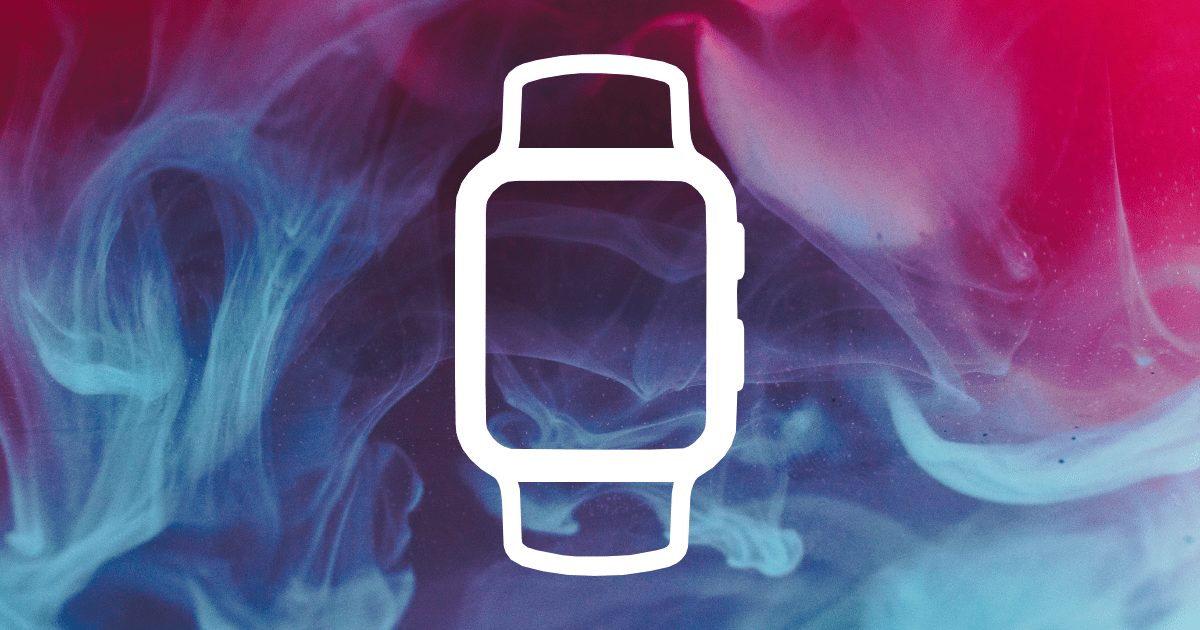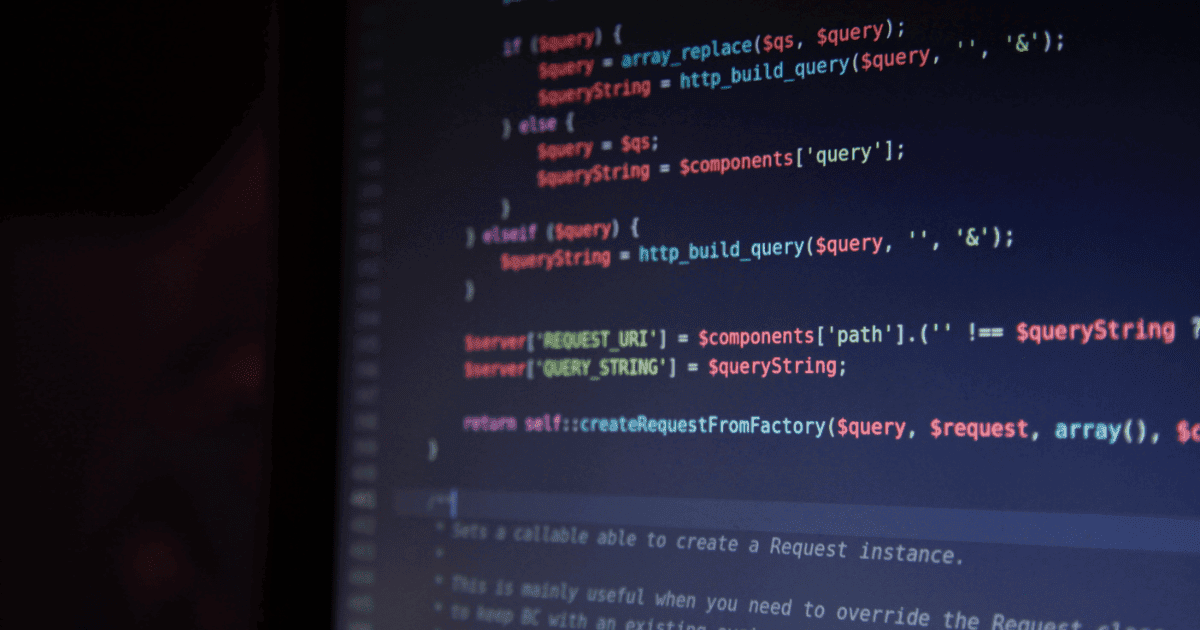Facebook is rumored to launch its own cryptocurrency called Facebook Coin, and it’s already a laughingstock with cryptocurrency experts.
Articles by Andrew Orr
In 2023 Apple Wants to Have Zero Net Cash
Apple has US$245 of gross cash and other things like long-term securities. It has US$115 billion in long-term debt. This makes its net cash position US$130 billion, and Apple CFO Luca Maestri has said eventually the company wants to have a net cash neutral position. Tiernan Ray writes about issues that may arise because of this.
Come 2023, will investors balk at an Apple suddenly less generous with its capital returns? And if Apple puts off that day as much as possible, plodding along with no significant increase in capital returns, will it lose the support of those fickle buyers hungry for shares with meaningful dividend buyback increases every year?
Firefox Getting Tor Browser Letterboxing Feature
Firefox is getting a feature from the Tor Browser called letterboxing, making it more difficult for advertisers to see your window size.
Musicians Are Happy With Apple Right Now
Spotify, Google, Pandora, and Amazon are joining forces to appeal a ruling by the U.S. Copyright Royalty Board that would increase payouts to songwriters by 44%. Can’t have the people producing music for your service making more money. But Apple isn’t joining the appeal, which makes musicians happy.
We thank Apple Music for accepting the CRB decision and continuing to be a friend to songwriters,” he said. “While Spotify and Amazon surely hope this will play out in a quiet appellate courtroom, every songwriter and every fan of music should stand up and take notice. We will fight with every available resource to protect the CRB’s decision.
T-Mobile to Launch LTE Home Internet With 5G Coming
T-Mobile will start testing an LTE Home Internet service soon, and will also offer 5G Home Internet once it’s rolled out.
Home broadband is one of the most un-competitive industries in existence. The New T-Mobile & 5G can and will change all that. And we’ve already got this in the works. T-Mobile will soon begin a pilot of Home Internet service using a 4G router operating over T-Mobile’s LTE network. Customers will get the router for free, and after the merger, it will be upgraded to include 2.5 GHz spectrum and 5G compatible hardware.
iTunes DRM Possibly Broken and tvOS Could Have a Vulnerability
A pirate copy of Aquaman circulating among torrent sites could suggest that iTunes DRM has been broken, and tvOS could be to blame.
U.S. Government Tracks Journalists in Database
A startling investigation by NBC 7 journalists reveals how the U.S. government tracks journalists through use of a database.
Documents obtained by NBC 7 Investigates show the U.S. government created a secret database of activists, journalists, and social media influencers tied to the migrant caravan and in some cases, placed alerts on their passports.
In fact, their own government had listed their names in a secret database of targets, where agents collected information on them. Some had alerts placed on their passports, keeping at least two photojournalists and an attorney from entering Mexico to work.
This is why private services like end-to-end encrypted messaging apps are so important. It’s bad enough if a foreign government is surveilling you. We don’t need our own government to do the same.
macOS: Use the Arrow Keys to See Previously Sent Texts
Mac Geek Gab Stephan shared a neat tip with us. As it turns out, you can use the arrow keys in Mac Messages like you can in Terminal.
No, Apple Doesn't Keep a Location List to Track You
Paige Leskin’s article about location tracking is a bit misleading. She mentions that Apple keeps a detailed location list of every place you’ve visited. Which is false, because Apple doesn’t know anything about your location. Your iPhone does though, but that data doesn’t get sent to Apple unless you specifically opt in to send analytics to Apple. This is more than semantics, because your data staying on your iPhone is the foundation of Apple’s privacy stance. If you go to Settings > General > Privacy > Location Services, you can tap on the blue text at the top that says “About Location Services & Privacy.” This section clearly states “This data is encrypted and stored only on your device and will not be shared without your consent.” And if you did consent to share it with Apple, you’re probably not worried.
Apple tracks and stores where you’ve been and how often (and when) you visit. But it gets even more detailed than that: Your iPhone compiles locations specific to a single address and tracks when you leave there and even how long it took to get there and by which mode of transportation.
Brie Larson Stars in CIA Drama for Apple
Apple has ordered a straight-to-series CIA drama based on an upcoming memoir by Amaryllis Fox. It will star Brie Larson.
That Ominous Figure in the Corner of Your Digital Living Room is Mark Zuckerberg
Mark Zuckerberg wants Facebook to be your “digital living room” where you can privately share your thoughts, messages, and photos of your kids that the company will use for advertising purposes. Which was a topic left out of his essay on his new “privacy-focused vision.”
I understand that many people don’t think Facebook can or would even want to build this kind of privacy-focused platform — because frankly we don’t currently have a strong reputation for building privacy protective services, and we’ve historically focused on tools for more open sharing. But we’ve repeatedly shown that we can evolve to build the services that people really want, including in private messaging and stories.
Dev-Fused iPhones are Important Security Tools
Special prototype iPhones called dev-fused iPhones help security researchers examine Apple’s code.
National Security Agency Releases Ghidra
The NSA has released its tool called Ghidra at the RSA Security Conference. It’s an open-source tool that helps security researchers examine malware code.
You can’t use Ghidra to hack devices; it’s instead a reverse engineering platform used to take “compiled,” deployed software and “decompile” it. In other words, it transforms the ones and zeros that computers understand back into a human-readable structure, logic, and set of commands that reveals what the software you churn through it does.
The 2019 Apple Supplier Responsibility Report
The 2019 Apple Supplier Responsibility Report has been released. The report is broken down into three categories.
Examining Apple's Recycling Ambitions
Maddie Stone wrote a great dive into Apple’s recycling ambitions and the company’s quest to some day stop mining resources.
For a company that sells over 200 million smartphones a year, along with millions more tablets and computers, achieving what sustainability wonks call a “circular economy” will amount to a complete overhaul of everything from how Apple devices are manufactured to what we do with those devices at the end of their lives…The question is whether that’s a future Apple truly wants—or one that its investors will allow.
6 Education Apps for Teachers
Roundups of educational apps usually involve apps for students. But this is a list of five educational apps for teachers.
Out of All Platforms, Child Predators Use Instagram the Most
The National Society for the Prevention of Cruelty to Children (NSPCC) examined grooming cases and found that Instagram was used 32%.
Apple Security Tool Unveiled at RSA Conference 2019
The RSA Conference is a series of computer security conferences. This year, security researcher Patrick Wardle announced a new tool for Macs called GamePlan.
…GamePlan, a tool that watches for potentially suspicious events on Macs and flags them for humans to investigate. The general concept sounds similar to other defense platforms, and it hooks into detection mechanisms—has a USB stick been inserted into a machine? has someone generated a screen capture? is a program accessing a webcam?—Apple already offers in macOS. But GamePlan, cleverly written with Apple’s GameplayKit framework, collects all of this data in a centralized stream and uses the videogame logic engine to process it.
I use a couple of Mr. Wardle’s security tools. I look forward to downloading GamePlan.
iPhones With Third-Party Batteries Now Eligible for Official Apple Repairs
If you got a battery replacement from a repair shop, it’s now eligible for official Apple repairs at Genius Bars and Apple Authorized Service Providers.
Swift Playgrounds 3.0 Beta 1 is Out
If you use Apple’s TestFlight app and signed up to beta test Swift Playgrounds app, you’ll be pleased to know that Swift Playground 3.0 beta 1 is out.
The full extent of what’s new in Swift Playgrounds 3.0 isn’t clear as of yet, but Apple’s release notes for the beta update provide a bit of detail. The new version of the app allows Playground Books to contain directories of Swift code and resources that can be imported for use by any page in the book.
Apple Podcasts is Popular Worldwide Except South America
Apple Podcasts dominate the world as the most popular podcasting platform…except South America where Spotify is already dominant.
Apple Sold 10.4M Apple Watches in 4Q18
Apple sold 10.4 million Apple Watches in quarter 4 of 2018 (4Q18). The Series 4 remains a strong seller and should remain the market leader as more healthcare organizations utilize the device.
The worldwide market for wearable devices grew 31.4% during the fourth quarter of 2018 (4Q18), reaching a new high of 59.3 million units according to data from the International Data Corporation (IDC) Worldwide Quarterly Wearable Device Tracker.
Apple has the number one spot in a list of five companies. Other companies include Xiaomi #2, Huawei #3, Fitbit #4, and Samsung #5.
GitHub Code Ring Promotes Over 300 Apps With Backdoors
Researchers uncovered a GitHub code ring made up of 89 accounts promoting 73 repos that contain over 300 apps with backdoors.
This NSFW Teen Film is a Must Watch
I know, “NSFW teen film” is a phrase not usually found in the media. But this one is enlightening. It’s a short, 17-minute film called Pocket, directed by Mishka Kornai and written by Zach Wechter. It’s an attempt to show a day in the life of a teenager, specifically from the point of view of a 15-year-old named Jake. It’s NSFW because of occasional swearing, sexting, and Instagram models. Millennials may have experienced technology like the iPhone in their teenage years, but Generation Z grew up with it. As the quote from Douglas Adams goes,
Anything that is in the world when you’re born is normal and ordinary and is just a natural part of the way the world works. Anything that’s invented between when you’re fifteen and thirty-five is new and exciting and revolutionary and you can probably get a career in it. Anything invented after you’re thirty-five is against the natural order of things.

